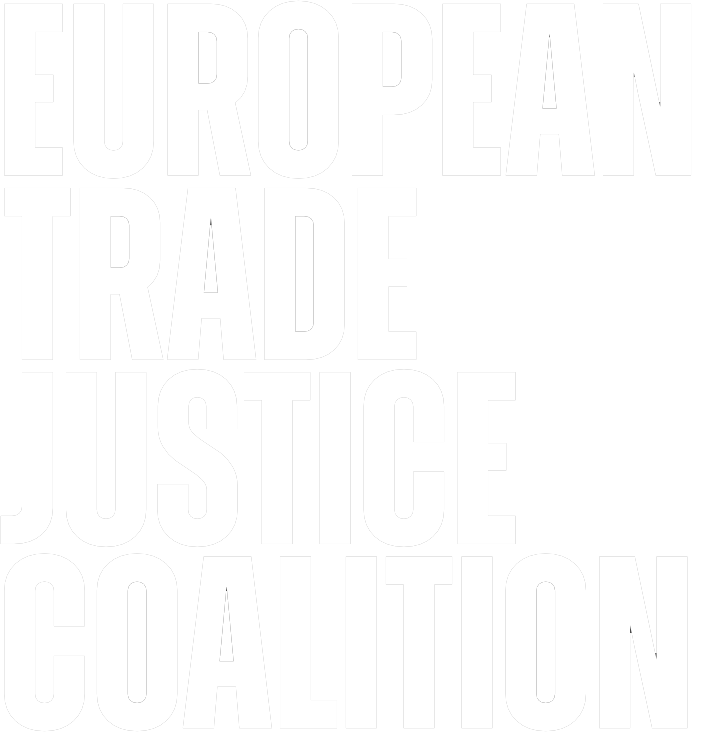
The ‘vulture investor’ suing over a windfall tax on record energy profits
Klesch vs Denmark, Germany and the EU
A vulture capitalist who owns two oil refineries is suing widely over the EU windfall tax on energy companies brought in after prices spiked and Big Oil’s profits doubled in 2022. Klesch Group is using ISDS to try to get out of paying its taxes. Although the case is at an early stage – in an unusual move – the tribunal has ordered the German government not to collect the tax. The logic for this ruling is that if Klesch Group win the case, it might not be ‘straightforward’ for them to reclaim the tax from the German state. Meanwhile, the company appears to be rapidly asset-stripping the oil refineries. So if they eventually lose, Klesch Group might claim that, conveniently, it has no money left to pay the tax.
Skyrocketing energy prices
The recent cost of living crisis hit people across the world hard. In Europe the impact on energy costs was particularly strong. Coming on the heels of a delayed recovery from the pandemic, and intensified by speculation in the commodity markets, the Russian invasion of Ukraine in February 2022 sent energy prices skyrocketing.
The impact on households and small businesses was severe. Electricity and gas prices reached record levels.[1] In Germany household electricity bills more than doubled, and 2022 was the most expensive year ever for petrol and diesel.[2] The European Investment Bank warned that this could push an additional eleven million people in Europe into poverty.[3] The increased energy costs also fed into significant increases in the cost of food, transport and other goods.
This was a bonanza for energy corporations. In the months following the Russian invasion the energy sector in Europe experienced earnings growth of 226%. These increases were more than five times higher than those in any other sector.[4] Profits doubled for six oil giants (BP, Chevron, Equinor, Exxon Mobil, Shell and Total), reaching $219 billion for 2022[5] – roughly $7,000 per second.[6]

Figure 1: Gasoline and diesel untaxed fuel price development: Graphic by FuelsEurope based on data of the European Commission
Calls for windfall tax on profits
While ordinary people struggled to stay afloat, energy companies were raking in bumper profits. In the face of this injustice, calls for a windfall tax on energy company profits grew – from the UN Secretary General, Antonio Guterres, to tabloid media personality Piers Morgan.[7] Even the chief executive of Shell, Ben van Beurden, said he thought some form of windfall tax was inevitable, and was needed to pay for ‘protecting the poorest’.[8]
“Today, I am calling on all developed economies to tax the windfall profits of fossil fuel companies. Those funds should be redirected in two ways – to countries suffering loss and damage caused by the climate crisis and to people struggling with rising food and energy prices.”
– Antonio Guterres, UN Secretary General [9]
Windfall taxes are one-off taxes on excess profits in response to a sudden disruptive event.[10] The additional profits in these cases occur due to the luck of operating when the disruption happened, rather than due to any clever strategy of the companies profiting. In 2022, the costs of the disruption were paid by ordinary people, and went straight into the pockets of the energy companies and their shareholders.
The EU introduced a windfall tax on the energy sector on 6 October 2022.[11] Termed a ‘solidarity contribution’, the exact form the contribution took was left up to each country. But the basis was a 33% levy on any profits in 2022-3 that were more than 20% above the average profits generated by that company in the previous four years.[12] The EU said that member states “will use proceeds from the solidarity contribution to provide financial support to households and companies and to mitigate the effects of high retail electricity prices”.[13]
Vulture investor sues to avoid having to pay windfall tax
While the windfall tax was widely welcomed as a step in the right direction, it did not go down well with the energy companies, and has faced legal challenges within European courts. A year after it was introduced, it was also attacked outside European courts, by an investor using ISDS.
Klesch Group, who own two oil refineries in Denmark and Germany, sued using the Energy Charter Treaty (ECT). In fact, going for a belt and braces approach, Klesch are taking three cases – suing Denmark, Germany and the EU itself.
Klesch is using the case to try to avoid having to pay the windfall tax, even though the tax has been passed into law by all EU countries. Leaked documents reveal that Klesch claim the EU has:
“used the Russian war of aggression against Ukraine and the high electricity prices during 2022 as a pretext to constrain the competitiveness of fossil fuel companies.”[14]
However this is contradicted by the company’s own 2022 annual report for its Danish refinery, which attributed its increased profits to exactly that:
“The 2022 financial results were highly impacted by the steep spike in the refining margin, as a result of the market disruption caused by the Russian invasion of Ukraine.”[15]
Klesch wants the tribunals to either declare that the company should not pay the tax, or failing that, to effectively reimburse the windfall tax by awarding the money back as compensation. The total amounts involved are not yet clear, but in the German case alone Klesch is claiming €116.6 million.[16]
ISDS tribunal stops Germany from collecting the windfall tax
The case is still in the preliminary stages, but one of the first developments has seen the tribunal declaring that Klesch should not pay the tax while the case is being heard. The Danish government has voluntarily followed this approach. In the German case, the tribunal has instructed the government not to collect the tax.[17]
This is an unusual decision, even for an ISDS tribunal. A law firm that specialises in ISDS has described it as “exceptional” and “a significant intervention in the national legal system”.[18] One of the reasons given for this decision is that if Klesch were to eventually win the case and be awarded a reimbursement, it “may not be a straightforward matter” for the company to enforce this.[19] In other words, the tribunal does not trust the German government to give the money back if that is the outcome of the case. At the same time, it dismissed the government’s own concerns that if Klesch does not pay up now, they might struggle to get the money out of them later.[20]
Who is Klesch? Asset-stripping since the 1970s
What is the context for Klesch’s case, and are there any grounds for the German government’s fears?
Klesch Group is a private equity firm registered in the tax haven of Jersey. It is owned by Gary Klesch, who has been described by the New York Times as a “financial vulture”.[21] During a spell in government in the 1970s he helped start the political shift toward financial deregulation, and in the 1990s he was a leading player in building a financial market in bankruptcies.[22] His operating model is asset stripping – he buys up companies in difficulties on the cheap, and sells off the assets.
“For Garry Klesch, other people’s clouds are his silver lining, their misfortunes his opportunity.” [23]
– Jason Nisse, Independent Newspaper
The Klesch group has owned the Heide refinery in Germany since 2010, and the Kalundborg refinery in Denmark since 2021. Klesch bought both refineries cheaply. When the company bought Heide from Shell in 2010, the financial crisis had hit oil refining profits. Many companies were trying to offload refineries – around a dozen were for sale – and Heide had been on the market for a year before Klesch snapped it up.[24] Kalundborg was also purchased for a low price from Equinor in 2021, during the slump following the pandemic.[25]
Astronomically high debt levels and whopping dividends
Klesch has run the Heide refinery for over a decade now. The result has been that Heide is highly indebted and paying out remarkable amounts in ‘management fees’ to the Klesch holding company in the Jersey tax haven, and in dividends.
Average levels of debt in the oil refining sector are around 2.3x leveraged (the ratio of a company’s debt compared to what it is worth).[26] But in 2021 Heide was 12.7x leveraged or 23x if you include off-balance sheet debt. This is astronomically high – ten times the average. Its credit rating was a junk grade – CCC+.[27] The refinery was paying roughly half its earnings before tax as a management fee to Klesch,[28] and had paid out “whopping” dividends, according to the financial analysis company Debtwire.[29]
This pattern is consistent with the vulture capitalist approach of bleeding an asset dry. Any money Heide makes is being creamed off to the tax haven holding company and into shareholder’s pockets, while the refinery is being used to raise spiralling levels of debt. High debt levels can also be a way to avoid paying tax.
Kalundborg is not yet in debt, but according to its 2023 annual report it paid out more in dividends than its earnings before tax.[30] So it may just be a matter of time.
In this context of screwing every last drop out of an asset, an ISDS case may be taking a punt on another source of cash – which would go to the tax haven, not to the businesses in Denmark and Germany. And by the time the ISDS cases conclude in several years, even if the countries win there could well be nothing left in the refinery businesses from which to finally pay the windfall tax.
The ECT strikes back – 20 year sunset clause
Klesch is suing governments using the Energy Charter Treaty (ECT), even though all countries involved, and the EU, are leaving the treaty. This is due to the sting in the tail of the ECT: its ‘sunset’ clause, which says the provisions continue to apply for 20 years after a country has withdrawn. This means corporations can continue to sue a country under the ECT for two decades after they have left.
Also, even though the European Court of Justice has ruled that the use of ISDS between EU countries is contrary to EU law, Klesch is getting around this by using a holding company in the UK tax haven of Jersey to bring the case.
Both of these loopholes could be closed off. All the countries leaving the treaty could make an agreement among themselves not to apply the sunset clause to each other. Such an agreement would be known as an inter se agreement (literally ‘among themselves’). An example of an inter se agreement has even been drafted by a think tank.[31]
EU member countries who are leaving have actually already made a similar agreement, but it only covers cases within the EU. There is a high risk that more companies will use subsidiaries in the UK to get around this agreement, following the Klesch Group’s example.
What is needed now is an agreement to neutralise the sunset clause between EU members and the UK – as well as any other countries who may subsequently decide to leave the ECT.
[1] Eurostat, “Electricity & gas hit record prices in 2022”, Eurostat, 26 April 2023.
[2] Bozorgmehr Sharafedin and Canan Sevgili, “Analysis: Forget showering, it’s eat or heat for shocked Europeans hit by energy crisis”, Reuters, 29 August 2022. “2022 wird das teuerste Tankjahr aller Zeiten”, Der Speigel, 6 November 2022.
[3] Ricardo Mourinho Félix, “Putting our money where the gap is”, EIB, 22 March 2023.
[4] Sebastian Segerstrom, “STOXX 600: European energy steaming ahead as Europe continues to report strong growth” Factset Insight, 21 September 2022.
[5] Ron Bousso, “Big Oil doubles profits in blockbuster 2022”, Reuters, 8 February 2023.
[6] $6,944 to be exact.
[7] Oliver Milman and Julian Borger, “‘Polluters must pay’: UN chief calls for windfall tax on fossil fuel companies”, Guardian, 20 September 2022. Piers Morgan Twitter post, 27 October 2022.
[8] Alex Lawson, “Shell chief: governments may need to tax energy firms to help the poor”, Guardian, 4 October 2022.
[9] Oliver Milman and Julian Borger, “‘Polluters must pay’: UN chief calls for windfall tax on fossil fuel companies”, Guardian, 20 September 2022.
[10] Allison Christians, “Making sense of abnormal, excess, non-routine, super-normal, residual, and windfall profits”, Tax Justice Network, 4 November 2022.
[11] Council Regulation (EU) 2022/1854 of 6 October 2022 on an emergency intervention to address high energy prices.
[12] For instance, if a company’s average profits had previously been €100 and in 2022 were €200, then everything up to €120 would be treated as usual, and the windfall tax would apply to the final €80.
[13] Council of the EU, “Council agrees on emergency measures to reduce energy prices”, 30 September 2022.
[14] Arthur Neslen, “EU, Germany and Denmark sued by oil firm over windfall tax” Guardian, 20 November 2023.
[15] Kalundborg Refinery A/S, Annual report 2022. Kalundborg Refinery, 29 June 2023, p. 8.
[16] Decision on Provisional Measures, ICSID, 23 July 2024, §69.
[17] Decision on Provisional Measures, ICSID, 23 July 2024.
[18] “ICSID arbitration tribunal order Germany to refrain from collecting solidarity contribution” Addleshaw Goddard LLP, 2 September 2024.
[19] Decision on Provisional Measures, ICSID, 23 July 2024, §61.
[20] Decision on Provisional Measures, ICSID, 23 July 2024, §76-79.
[21] Jacques Neher, “Financial vulture cashes in” New York Times, 20 June 1994.
[22] “A. Gary Klesch” Wikipedia. Jason Nisse, “Spinning debts into gold: Recession has been the renaissance of Garry Klesch, who thrives on others’ troubles” Independent, 16 May 1993.
[23] Jason Nisse, “Spinning debts into gold: Recession has been the renaissance of Garry Klesch, who thrives on others’ troubles.” Independent, 16 May 1993.
[24] “Private investor Klesch buys Shell’s Heide refinery”, Reuters, 20 August 2010.
[25] Described as “Klesch paid just USD 48m” in Adam Samoon and Jou Yu, “Raffinerie Heide supported by rebounding crack spreads, but extra Klesch management fee and EUA sensitivity provide constraints”, Debtwire, 22 April 2022.
[26] Net debt to EBITDA ratio by industry, Full Ratio, no date.
[27] Adam Samoon and Jou Yu, “Raffinerie Heide supported by rebounding crack spreads, but extra Klesch management fee and EUA sensitivity provide constraints”, Debtwire, 22 April 2022.
[28] €41 million EBITDA, €19 million management fee.
[29] Adam Samoon and Jou Yu, “Raffinerie Heide supported by rebounding crack spreads, but extra Klesch management fee and EUA sensitivity provide constraints”, Debtwire, 22 April 2022.
[30] €226 million EBITDA, €264 million dividends. Kalundborg Refinery A/S, Annual report 2023. Kalundborg Refinery, 13 May 2024, pp. 10 and 14.
[31] Lukas Schaugg and Suzy Nikièma, Model inter se agreement to neutralize the survival clause of the Energy Charter Treaty between the EU and other non-EU contracting parties. IISD, 2024.






